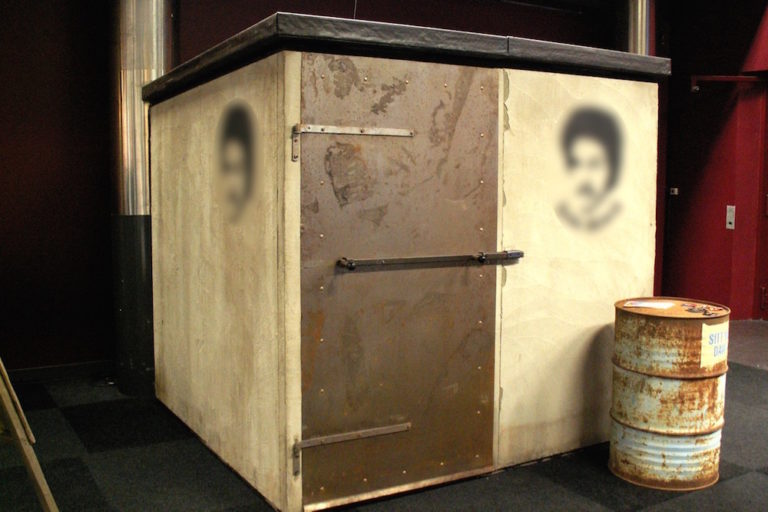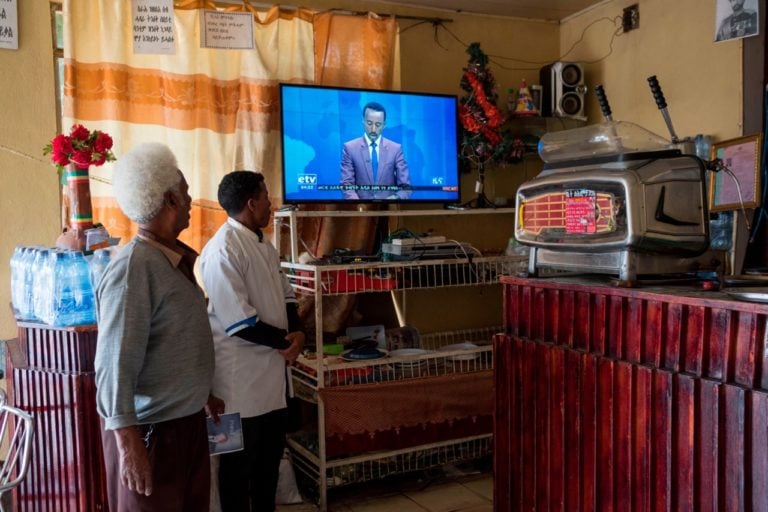It is not known why journalist Yirgalem Fisseha Mebrahtu has been held in solitary confinement for the past few weeks.
(RSF/IFEX) – Reporters Without Borders has just learned from credible Eritrean sources that journalist and essayist Yirgalem Fisseha Mebrahtu has been held in solitary confinement for the past few weeks in May Srwa prison, to the north of Asmara. It is not known why she is being given this treatment.
“The Eritrean government has yet again demonstrated its cruelty,” Reporters Without Borders said. “Yirgalem Fisseha is on the point of completing a year of being held incommunicado in particularly appalling conditions. We are very concerned for her state of health and we urge the international community to react and to demand her release and the release of the 20 or so other journalists detained in Eritrea.”
Employed by Asmara-based Radio Bana, Yirgalem Fisseha was arrested when the authorities raided the station on 22 February 2009 and detained its entire staff. Initially taken to Adi Abeito military prison, to the northwest of the capital, she was subsequently transferred to the nearby May Srwa prison. One of her Radio Bana colleagues, Bereket Misghina, and the young writer and poet Meles Negusse Kifu, are being held in the same prison.
Originally from Adi Keyih, a city to the south of Asmara, not far from the Ethiopian border, and a graduate of Asmara Teachers’ Training College, Yirgalem Fisseha was one of the few women working as journalists in Eritrea. Before the government closed down all independent media in September 2001, she was an art critic for the privately-owned weekly “Zemen” as well as writing for the state-owned daily “Hadas Eritrea” and “Tirgita”, a newspaper that supported the National Union of Eritrean Youth and Students (NUEYS).
“Zemen” editor Amanuel Asrat, who was arrested on 18 September 2001, is currently being held in Eiraeiro prison camp (in cell No. 25) along with freelance journalist Seyoum Tsehaye (cell No. 10) and Dawit Habtemichael, deputy editor and co-founder of “Meqaleh” (cell No. 12).
In a letter on 11 January to Manfred Nowak, the United Nations Special Rapporteur on torture and other cruel, inhuman or degrading treatment or punishment, Reporters Without Borders wrote: “We urge you to request access to the imprisoned journalists in order to enquire about their state of health and about prison conditions in Eritrea (. . .) We also ask you and your fellow rapporteurs to put enough pressure on the government to ensure that they are tried or released.”


